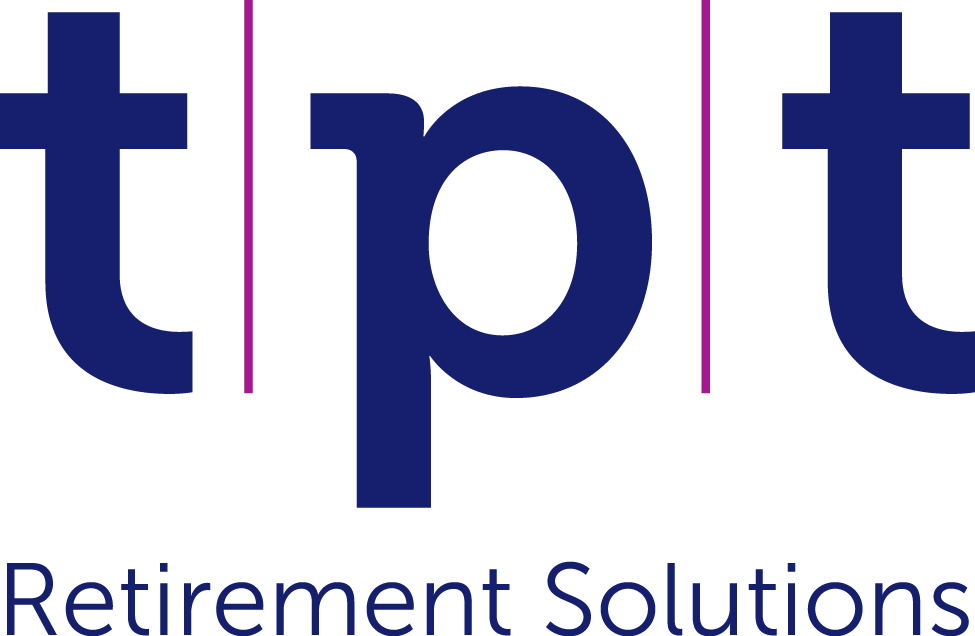Financial Advice
Pension Increase Exchange

Before you decide
There are a number of factors to take into consideration in making your decision. An illustration of these considerations are included within ‘Your Pension Increase Exchange (PIE) Option Information Booklet’.
Whether you decide to take the option or not is entirely your decision and you should think carefully about your own circumstances when making your choice.
Below are some of the key considerations that you may wish to consider before deciding whether taking your option is right for you. Your views on these points will be personal to you, and discussing them with our adviser will help you to decide whether or not to take your option. There may be other factors that are also important to you, which are not listed here. If so, make sure you take them into account in your discussion with our adviser.
Your lifestyle
Do I want a higher pension now or a steadier rise in income over time?
By taking the option, you will have a higher level of pension, but with reduced or no increases in the future. You should consider whether a higher pension now is more important to you, compared to having higher annual increases to help with future inflation.
Your life expectancy
How long do I think I will live?
How long you live after taking the option will be a factor in whether you will benefit from the option. That is because if you (or if relevant your dependant(s)) do not live beyond your breakeven age, the value of the one-off uplift from taking the option will be greater than the combined value of ongoing future annual increases you will give up.
If you live for a relatively longer period of time after taking the option, you will be less likely to benefit from it.
Your Personal Statement includes a summary of the crossover age and breakeven age and provides you with illustrations of when you might reach these points based on different assumed rates of future inflation.
Your other income
Do I have other sources of income?
Consider how much of your future income will come from this pension.
If this pension is the second income in your household or is relatively small compared with your State/other pensions and additional sources of income, you may be less concerned about the effects of future inflation on your exchangeable pension and prefer a higher immediate pension, especially if your other sources of income include some form of protection against inflation.
However, if this pension is the main income in your household, you may be more concerned about the effects of future inflation and prefer to keep your increasing pension by not taking the option.
Your State benefits
Will taking the PIE affect any means-tested State benefits I receive?
Your eligibility for means-tested State benefits may be affected, as it will result in an increase in your pension income. The benefits that may be affected include income tax support, pension credit and council tax benefit. You should consider whether the increase in your pension by taking the option would take you above the eligibility level for such benefits. Your State pension will not be affected, as this is not means tested. You can discuss this with a Chase de Vere adviser provided you have all the information available.
Your tax position
Will taking the option affect my tax position?
The increase in your pension will form part of your income for tax purposes. You should consider whether the uplift would affect your tax position, and weigh that against the other considerations (for example, if taking the additional income would move you into a higher
tax bracket). If you do not take the option, you will continue to pay income tax on your pension in the same way you do now. You should discuss your personal tax position with Chase de Vere.
Since 2006 there have also been limits in place, after which, an additional tax charge could occur. This limit is known as the Annual Allowance (AA). If you take the option in the same tax year within which you retire, then you may need to think about breaching the AA and whether a tax charge would apply. Chase de Vere can help you.
Any changes introduced by the government as part of the 30th October 2024 budget may impact the tax position.
Your expectations of inflation
Do I think inflation will be relatively low or high over my lifetime?
Inflation is a measure of how much the price of goods goes up each year. The Retail Prices Index (“RPI”) and Consumer Price Index (“CPI”) are two such measures in the UK. Your current annual pension increases on your exchangeable pension are linked to inflation, subject to an annual cap.
You may prefer to have a higher pension now without future increases because, for example:
- You decide you have enough inflation protection from your other income sources, (i.e. your State Pension, any non-exchangeable pension other pensions and any other income).
- You think inflation over the longer term will be low, and decide that the value of the pension uplift from the option will be enough protection against the future effects of inflation.
Your dependants (this could be your spouse, civil partner or children) (This does not apply to you if you are receiving a dependant’s pension)
How will my dependants be affected by my decision about the PIE option?
When you die, a “dependant’s pension” may be payable to your financial dependant under the Rules.
It is important to remember that, if you take the option, the longer you live the more likely it is that the pension paid to your dependants on your death would be lower than it would have been if you had not taken it.
Chase de Vere can speak with you and your dependant jointly if you would prefer. Any pensions payable to your dependants upon your death will also be affected if you take the option, as their benefits/pension will be based on the pension payable to you at the date of your death.

Your Pension Increase Exchange Option
- The Crossover Age is the estimated age at which your current exchangeable pension, plus your current annual pension increases, equal the immediate higher fixed pension you would receive if you take the option. Before this point in time, your monthly pension payments are expected to be higher if you take the option. After the crossover age, your monthly pension payments are expected to be lower if you take the option than they otherwise would have been.
- The Breakeven Age is the estimated age at which the total of all future pension payments you receive, from the effective date of the option, to be equal to the total pension payments you would have received if you had not taken the option. In other words, it is the point at which you would stop being “better off” by taking the option.
How our process works
Speaking to Chase de Vere does not mean you have to take up the option. The service has been made available to help you better understand the option, what it might mean for you, and to help you make an informed decision.

01/04
Advice Call
Advice call with one of our trained and qualified Helpline Advisers.

02/04
Our Recommendation
You will receive a verbal recommendation on the call and a written recommendation report within 5 working days of the advice call.

03/04
Content Review
An adviser will contact you, within 10 working days following the date of our recommendation report, to discuss the content of the report and final recommendation.
04/04
Accepting the option
If you choose to accept the option, an option acceptance form will be required and you will need to receive advice or guidance on the option with ourselves. An option acceptance form will be issued to you for you to complete and return, you will have 14 days from the date that we acknowledge receipt of your option acceptance form to change your mind. Once this 14-day ‘cooling off’ period is over you will not be able to change your mind and your new pension payment will be effective from the date detailed within your option pack.
Staying as you are
If you prefer to stay as you are, you are not required to take any action at all. Your pension will continue to receive annual increases in line with the Scheme rules.
Why contact Chase de Vere
We will help you decide whether the option is right for you. You can book an appointment on via the scheduler below.
Click to Download Your Pension Increase Exchange (PIE) Option Booklet
Download Your Pension Increase Exchange (PIE) Option Information Booklet
Your ‘Pension Increase Exchange (PIE) Option Information Booklet’ enclosed within your option pack provides you with further information about your options, as well as questions and answers. A copy of the ‘Pension Increase Exchange Option Information Booklet ‘ is available here to download.
/ About us
Chase de Vere
Chase de Vere are:
- Fully independent of The Pensions Trust (TPT) and Trustee.
- Trained on the Plan and the terms of the PIE option so we can explain it in a language you understand.
- Experienced in providing advice to several thousand pensioners on PIE options over the past 14 years.
- Regulated by the Financial Conduct Authority (FCA) and in full agreement with the ‘Code of Good Practice on Incentive Exercises’.
- Obliged to adhere to strict ‘Data Protection Protocols’ at all times.
- Required to confirm our advice in the form of a comprehensive written recommendation which we are required to stand behind.
- Not remunerated on whether you accept or decline the PIE option.
You will:
- Be treated with courtesy and our advice will be fully confidential.
- Be able to have someone accompany you on the call, if you so desire.
- Be put straight through to one of our qualified advisers (or alternatively, we can call you back at a time to suit you).
- Receive advice that is tailored to your specific personal circumstances.
- Be free to ask questions around, and obtain a better understanding of, your current pension.
- Be free, after taking advice, to make up your own mind on the PIE option.
Code of Good Practice
A pensions industry Code of Good Practice (“the Code”) which is supported by the Pensions Regulator and the Department of Work and Pensions exists to cover options like this. The Code sets out guidelines to make sure certain minimum standards are met and pension plan members are able to make informed choices about their pensions. Click below for further information.
The Code of Good Practice

